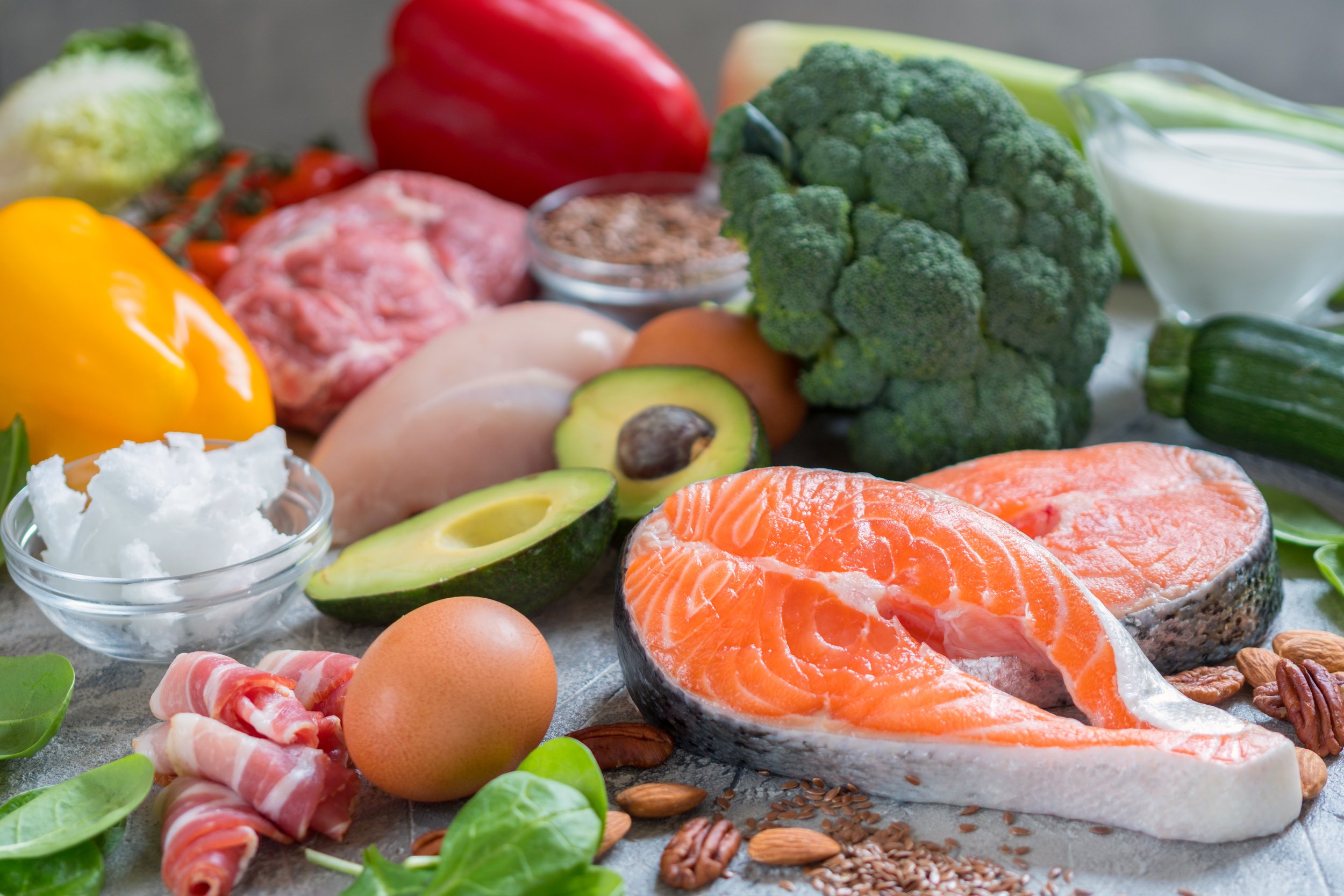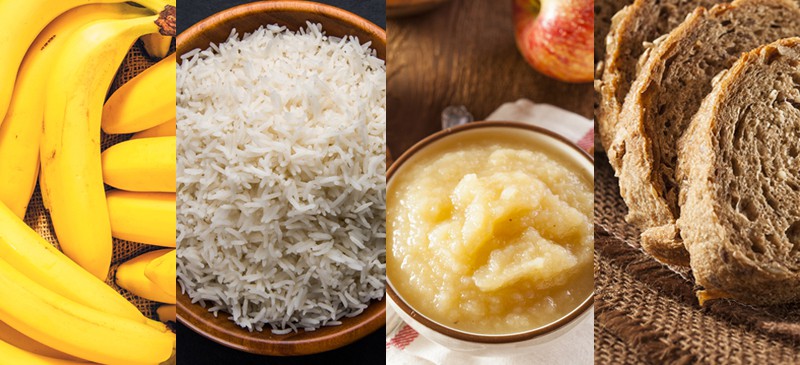Enhancing fertility with PCOS involves eating whole foods, stabilizing blood sugar, and reducing inflammation. Focus on omega-3s, vitamin D, B vitamins, magnesium, and zinc. Manage stress with mindfulness, stay active, and get good sleep. Use fertility trackers to understand your cycle and optimize your chances of conception.
Today, I want to share with you some heartfelt wisdom on a topic close to many hearts: Polycystic Ovary Syndrome (PCOS) and its impact on fertility. Navigating PCOS can be a challenging journey, but with the right nutritional strategies, you can nourish your body, balance your hormones, and enhance your fertility. Let’s embark on this journey together with warmth, compassion, and a sprinkle of creativity.
Understanding PCOS: A Brief Overview
PCOS is a hormonal disorder that affects many women of reproductive age. It’s characterized by irregular menstrual cycles, elevated levels of male hormones (androgens), and polycystic ovaries. Symptoms can include weight gain, acne, excessive hair growth, and, most importantly for this discussion, fertility challenges. But remember, your body is resilient, and with the right approach, you can support it in remarkable ways.

Embracing Nutritional Balance: A Loving Approach
Nutrition plays a crucial role in managing PCOS and boosting fertility. Think of it as a way to show your body some extra love and care. Here are some heartfelt strategies to guide you on this path:
Whole Foods are the Heart of a Balanced Diet
Imagine your plate as a vibrant palette of colors. By filling it with an array of fruits and vegetables, whole grains, lean proteins, and healthy fats, you’re creating a masterpiece of nourishment. These wholesome foods are packed with vital nutrients that work in harmony to support your hormone balance and overall health.
Example Meal: Start your day with a vibrant smoothie bowl. Blend spinach, berries, a banana, and a spoonful of chia seeds. Top with granola and a drizzle of almond butter for a nourishing and delicious breakfast.
Stabilize Blood Sugar Levels
PCOS is often linked to insulin resistance, which can affect blood sugar levels. Aim to maintain stable blood sugar by incorporating complex carbohydrates, fiber, and protein into your meals.
Example Snack: Enjoy a small handful of nuts and a piece of fruit like an apple or pear. The combination of fiber and protein helps keep your blood sugar steady.

Healthy Fats are Your Friends
Healthy fats, such as those found in avocados, nuts, seeds, and olive oil, are essential for hormone production and overall well-being. Don’t shy away from them!
Example Lunch: Prepare a hearty salad with mixed greens, cherry tomatoes, cucumber, avocado slices, grilled chicken, and a sprinkle of sunflower seeds. Drizzle with a lemon-tahini dressing for a burst of flavor.
The Power of Anti-Inflammatory Foods
Chronic inflammation is a common issue in PCOS. Incorporate anti-inflammatory foods like turmeric, ginger, fatty fish, leafy greens, and berries to help reduce inflammation.
Example Dinner: Savor a plate of baked salmon with a side of quinoa and steamed broccoli. Season with turmeric and ginger for an extra anti-inflammatory punch.
Mindful Eating and Hydration
Eating mindfully allows you to connect with your body’s needs and signals. Take time to savor each bite, and stay hydrated with plenty of water throughout the day.
Example Tip: Keep a water bottle with you and infuse it with slices of cucumber, lemon, and mint for a refreshing twist.
Specific Nutrients to Focus On
Certain nutrients are particularly beneficial for managing PCOS and enhancing fertility. Let’s explore these nutritional gems:
1. Omega-3 Fatty Acids
Omega-3s are powerful anti-inflammatory agents that support hormone balance and overall reproductive health. Include fatty fish like salmon, flaxseeds, chia seeds, and walnuts in your diet.
2. The Sunshine Vitamin: Embracing Vitamin D
Vitamin D is a cornerstone of reproductive health. Bask in the warmth of the sun whenever possible, and enrich your diet with foods like fortified dairy or plant-based milk, fatty fish, and egg yolks. These sources will help ensure you’re getting enough of this vital nutrient.
3. B Vitamins
B vitamins, especially B6, B12, and folate, are essential for hormone regulation and fertility. Incorporate whole grains, leafy greens, legumes, and lean meats to ensure you’re getting enough.
4. Magnesium
Magnesium helps regulate insulin levels and supports overall hormonal health. Include nuts, seeds, whole grains, and dark leafy greens in your meals.
5. Zinc
Zinc is vital for hormone production and immune function. Find it in foods like pumpkin seeds, lentils, chickpeas, and quinoa.
Embracing a Holistic Lifestyle
Beyond nutrition, embracing a holistic lifestyle can significantly impact your journey with PCOS and fertility.
Stress Management: Finding Your Calm
Life’s stresses can throw our hormones out of sync. Finding your calm through mindfulness, meditation, yoga, or any activity that brings you joy can make a world of difference. Whether it’s a quiet moment with a good book, a stroll in nature, or a creative hobby, these practices help soothe your mind and body.
Regular Physical Activity
Exercise helps regulate insulin levels and supports overall well-being. Find activities you enjoy, whether it’s dancing, walking, swimming, or yoga, and make them a regular part of your routine.
Example Routine: Start with a gentle morning walk in nature. Listen to the birds, feel the breeze, and let the beauty around you inspire and energize you.
Sleep Hygiene
Adequate sleep is essential for hormonal balance. Aim for 7-9 hours of quality sleep each night.
Example Tip: Create a soothing bedtime routine. Turn off electronic devices an hour before bed, enjoy a warm bath, and read a calming book to prepare your mind and body for rest.
Fertility Trackers: Your Ally in the Journey
On the path to enhancing fertility, understanding your body’s unique rhythms is key. A fertility tracker serves as a valuable guide, offering insights into your menstrual cycle by tracking basal body temperature, cervical mucus, and hormone levels. These tools help pinpoint your most fertile days, providing real-time data to make informed decisions. By incorporating a fertility tracker into your routine, you gain clarity and control, making it easier to optimize your chances of conception. Embrace this technology as a supportive ally, guiding you with precision and confidence on your journey to parenthood.
Navigating PCOS and fertility challenges can feel overwhelming, but remember, you’re not alone on this journey. By embracing nourishing, whole foods, focusing on specific nutrients, and adopting a holistic lifestyle, you’re taking powerful steps toward balancing your hormones and enhancing your fertility.
Each small change you make is a loving gesture towards your body. Celebrate every victory, no matter how small, and be gentle with yourself through the ups and downs. Your body is incredibly resilient and capable of amazing things. Keep nurturing it with love, care, and a dash of creativity.




